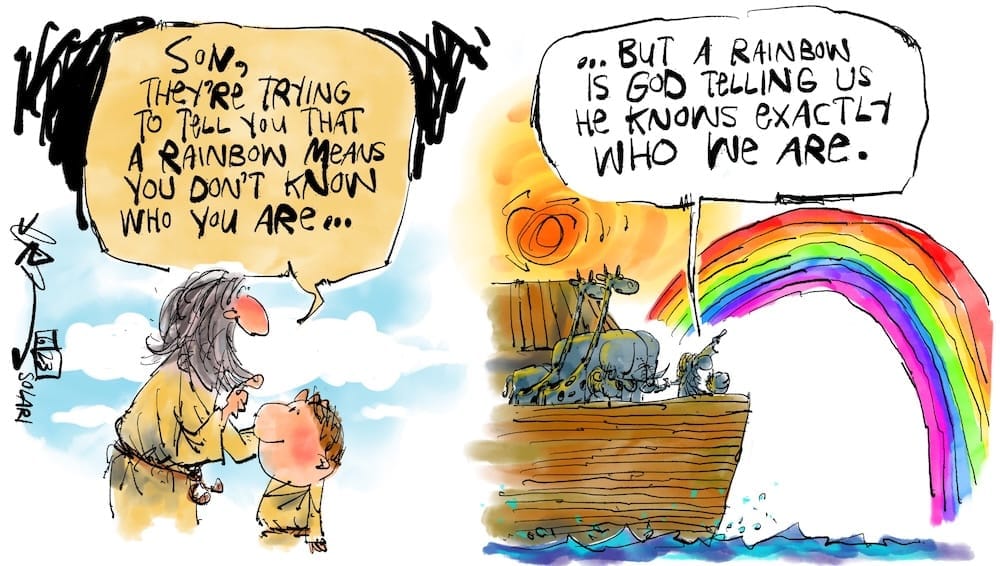William Finck, a biblical scholar, runs the fascinating website Christogenea.org and was on my podcast before, discussing why Christianity isn’t universalist.

A lot of people will knee-jerk and get their jaws out of joint at the thought of the Bible not being aimed at everybody, but I recommend listening to the conversation first.
The Bible is no universalist fairy tale—narrow is the way, and few find it, while the masses stumble into destruction.
— Matthew Henry, theologian
The importance of Genesis

William's discussion with me this time is about the importance of Genesis to both Christians and Jews, as it relates to a fundamental understanding of historical identity.
Basically, Genesis isn’t linked to Judaism, but Christian and Jewish Zionism has captured it, pushing a false doctrine through a Jewish-only lens.

Moreover, William argues that Genesis isn’t a scientific or historical account of everything but a mix of reality and allegory, best read through a New Testament lens. For example, Adam and Eve weren’t the first humans but the first of the biblical epoch’s ‘Adamic’ race; what happened elsewhere in the world doesn’t matter to the Bible’s story.
Genesis is not meant to be a scientific manual.
— William Finck
In other words, Darwinian evolution is bunk, Creation is true, but it didn’t happen 6000 years ago.
Another key part of Genesis—possibly the most important—is the racial context of biblical genealogies and Abraham’s covenant.
I’ve been a member of the Mavericks Project for years, a global network founded by guys I know, buffering against central control. They don't accept all applications because they focus on quality, not quantity.
🎙️ Podcast episode
Take a listen to William’s incredible biblical insight, especially from a historical perspective. Nothing he says is made up; it’s all supported by biblical and other sources.








